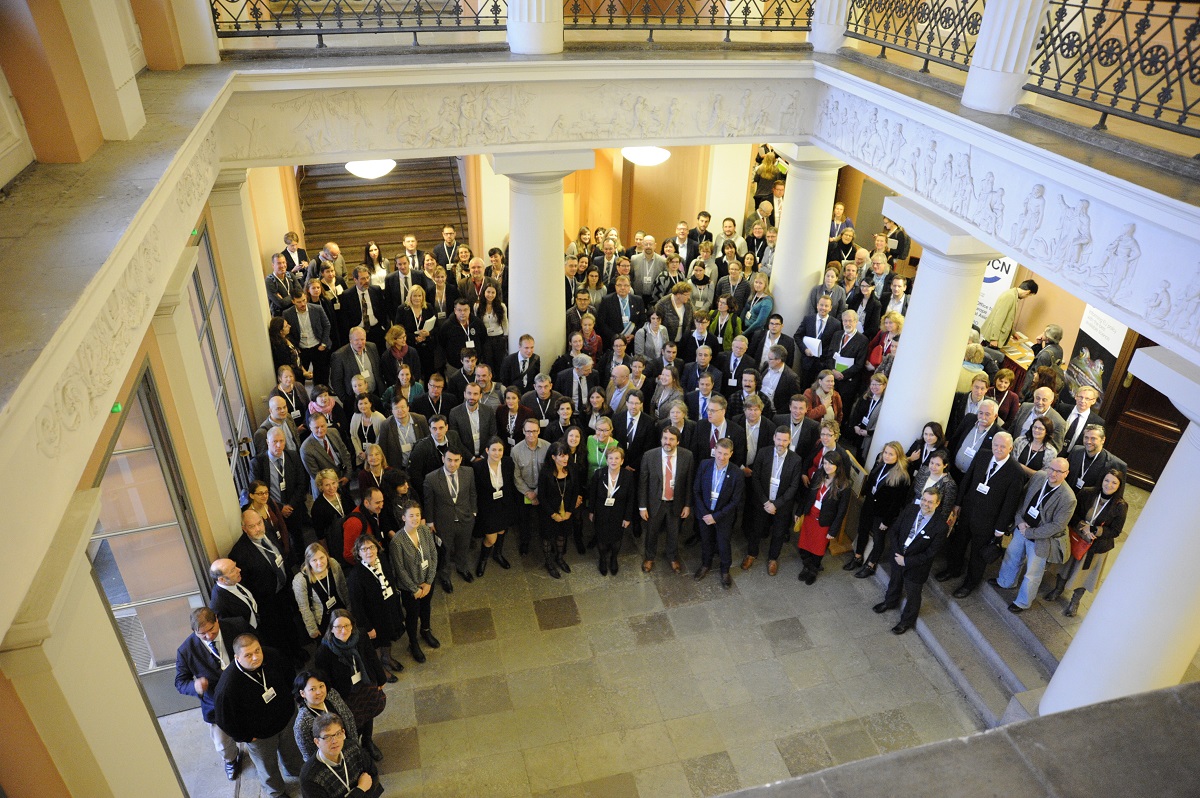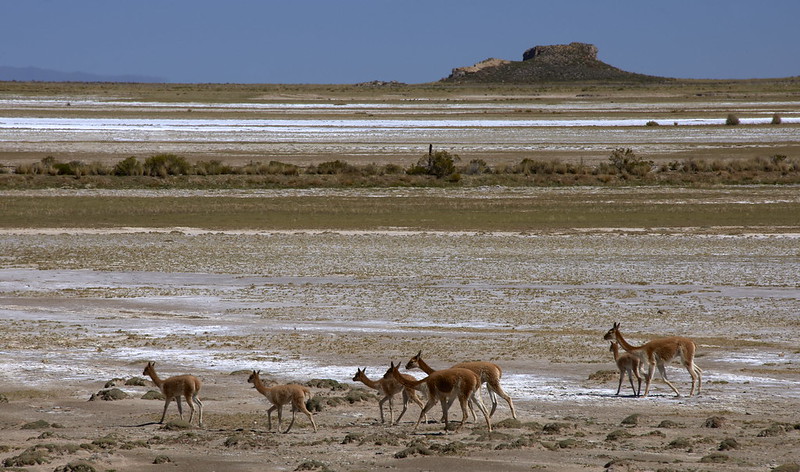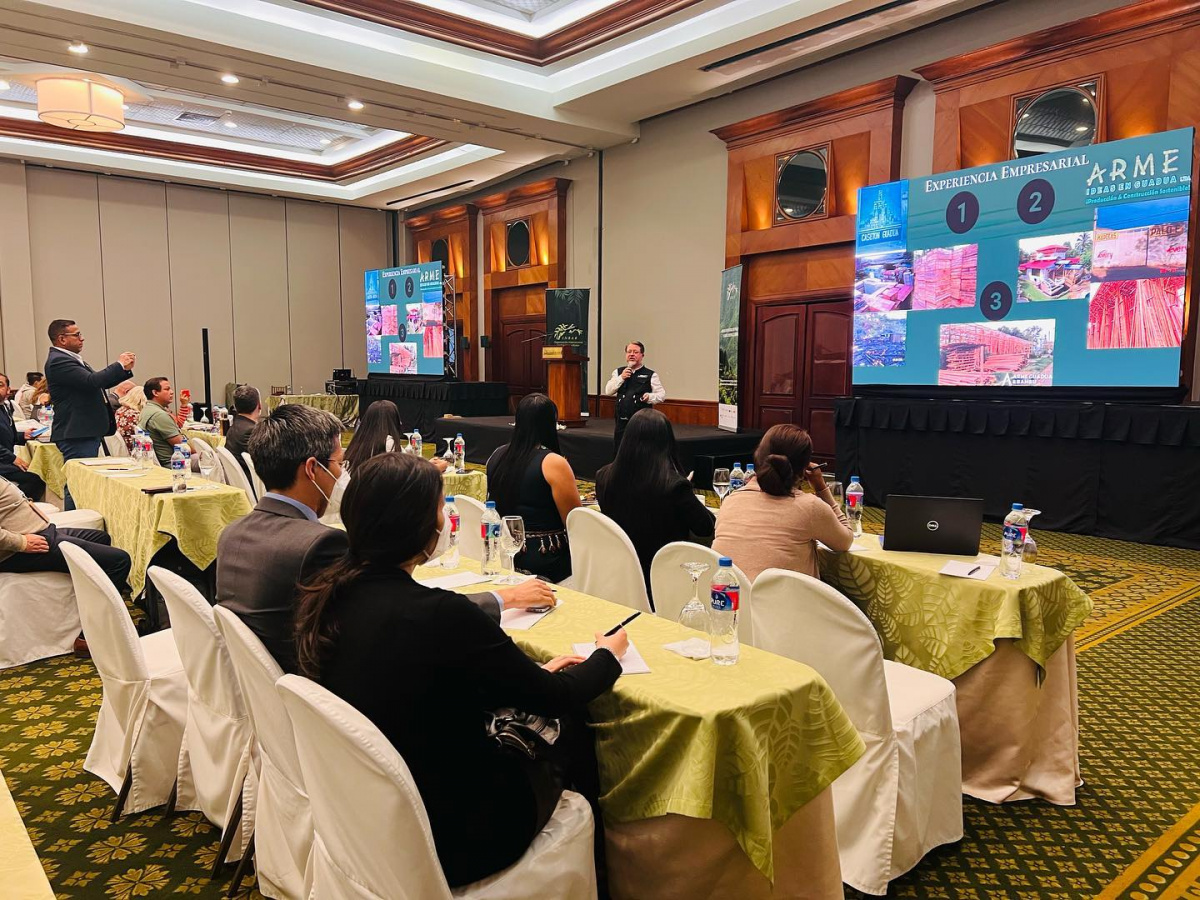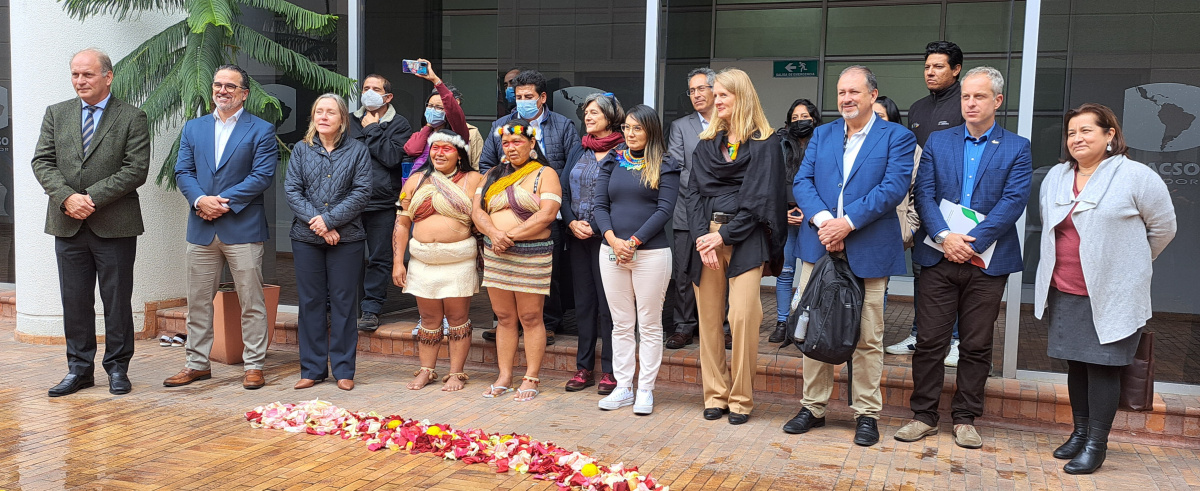European IUCN members define future priorities for joint action towards 2020
The IUCN Regional Conservation Forum 2015, which concluded this week in Helsinki, and was attended by IUCN members and experts from across Europe, North and Central Asia has identified key opportunities for the Union to strengthen its impact on halting biodiversity loss and enhancing nature conservation. The Forum also presented a timely opportunity to discuss the implementation of the Sustainable Development Goals in Europe, and the ramifications of the Paris Climate Agreement.

Photo: IUCN
“IUCN was founded in Europe and this region has always been a leader in nature protection, both on its own continent and throughout the world,” said IUCN President Zhang Xinsheng. “The term ‘sustainable development’ was introduced 35 years ago, but since then, the production, consumption and economic models have not changed. The new agreements on SDGs and climate change provide opportunities for tremendous change. In this process, IUCN will be more needed than ever before.”
Participants and speakers from 41 countries sent a strong signal for increased action on tackling the most pressing challenges in protecting and enhancing the region’s ecosystems, and discussed opportunities for strengthening IUCN’s impact on policy making, as well as sharing of knowledge and evidence, and creating partnerships for action.
“We need to draw inspiration from nature, not only as a reminder of our interdependence, but also because it is in our best interest,” said Karmenu Vella, EU Commissioner for Environment, Maritime Affairs and Fisheries. “IUCN provides valuable support to the EU Biodiversity Strategy by strengthening the knowledge base, improving management of protected areas, finding ways to value natural capital, establishing effective and equitable governance of natural resources, promoting nature based solutions, and bridging the gap between science and policy. Long may our good cooperation continue!”
Participants discussed priorities for IUCN’s work plan for the coming four years, and identified areas for reinforced action. In addition to IUCN’s ongoing strong focus on species conservation and protected areas, unsustainable agriculture was highlighted as one of the key priority areas to be tackled, given the sector’s growing impact on biodiversity loss.
The protection and management of marine ecosystems, which are under strong pressure in continental Europe, North and Central Asia and the EU’s overseas territories alike, was also emphasized as essential. Currently, the target of achieving good environmental status by 2020 is at risk due to overfishing, pollution, and the acidification of the continent’s oceans. According to IUCN’s members, more attention must thus be given to the protection of Europe’s seas.
“We were very happy with the level of engagement and the valuable input provided by members and experts in Helsinki,” said Luc Bas, Director of IUCN’s European Regional Office. “The Forum was designed to offer them an opportunity to communicate their thoughts on priorities and activities for IUCN’s global and regional programmes for 2017-2020, and I am confident that the outcome will further strengthen the Union’s work in Europe.”
The IUCN Regional Conservation Forum also discussed opportunities for cooperation on elements of common interest across the region, which can build the basis for joint action, such as policy development, capacity building and communication.
Participants also pointed to the need for strengthening the work of IUCN as a Union, comprising members, national committees, commission experts and the secretariat. Working together closely and drawing on the specific expertise and strengths of all its components will allow IUCN to maximize its impact as the truly unique organisation that it is.
With the input received from members in the European region(EURO) the Brussels office will now prepare a formal draft workplan for comments.
The Forum took place from 14-16 December in Helsinki, jointly organized by IUCN’s European Regional Office (EURO), the Regional Office for Eastern Europe and Central Asia (ECARO), the IUCN Finnish National Committee, and hosted by the Finnish Government. It gathered more than 250 participants from 41 countries in Europe, North and Central Asia to forge solutions to the region’s pressing environmental challenges. The conference ended with the adoption of the ‘Helsinki Message’, expressing the priorities of IUCN in the region on nature conservation, governance and nature-based solutions.



